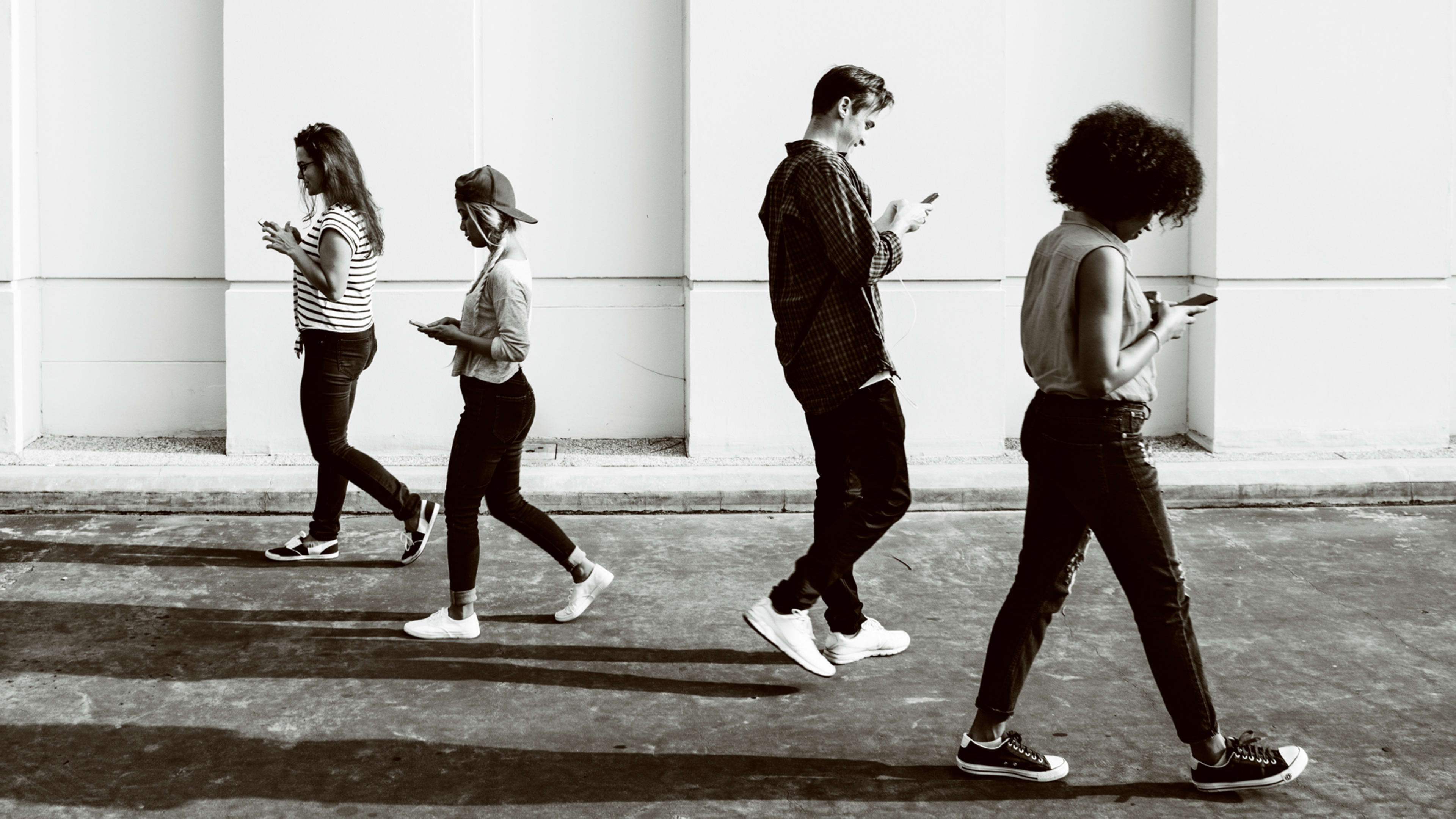If you spend a lot of time arguing with your teenager about their screen time, maybe you should save yourself the headache. New research indicates that copious amounts of texting, keeping up that Snapchat streak, swiping through Instagram DMs, and watching YouTube has little effect on the psychological well-being of teenagers. That’s according to a study by researchers at Oxford University, which was published in the journal Psychological Science.
The research, conducted by Andrew Przybylsk and Amy Orben, analyzed the screen use of more than 17,000 teenagers across Ireland, the United States, and the U.K., and found that screen time had a “minuscule” effect on well-being in teenagers when compared with other activities in an adolescent’s life. The effect was believed to be small enough that adolescents “would need to report 63 hours and 31 minutes’ more of technology use a day in their time-use diaries to decrease their wellbeing” by an amount big enough for them to notice.
The researchers also found that, despite the common belief, using screens before bedtime was completely unrelated to psychological well-being. (That doesn’t mean that using screens before bed doesn’t disrupt sleep patterns.) This backs up earlier research that screen time, in and of itself, isn’t inherently bad for children.
To make this assessment, the researchers used a combination of time-tracking diaries and self-reporting measures to determine internet usage in a way that they believe is a more accurate representation of how much time participants actually spent online. Accurate accounting is one of the reasons the team undertook the study in the first place, arguing, according to The Guardian, that earlier studies were “unreliable” because they were based solely on self-reported screen usage, even though “only one-third of participants provide accurate judgments when asked about their weekly internet use.”
In the study, they say that “42% overestimate and 26% underestimate their usage.” The lack of reliable data, and the conclusions and policy built on that unreliable data, is something Orben has been fighting against (and tweeting about) for some time.
Of course, mental well-being isn’t the only reason that parents want to limit their teens’ screen time. They may want them to go to sleep, get off their couch, do their homework, or any number of other things parents want kids to do around the house. Or perhaps their child can’t psychologically handle Instagram, which is completely fair and understandable.
Still, it may be some relief to parents that if they aren’t up for the fight, they won’t be harming their precious angel’s mental health—and that’s probably good for everyone’s well-being.
https://twitter.com/OrbenAmy/status/1114054251267993600
Recognize your brand’s excellence by applying to this year’s Brands That Matter Awards before the early-rate deadline, May 3.
